Earth and Environment
Explore Earth and Environment
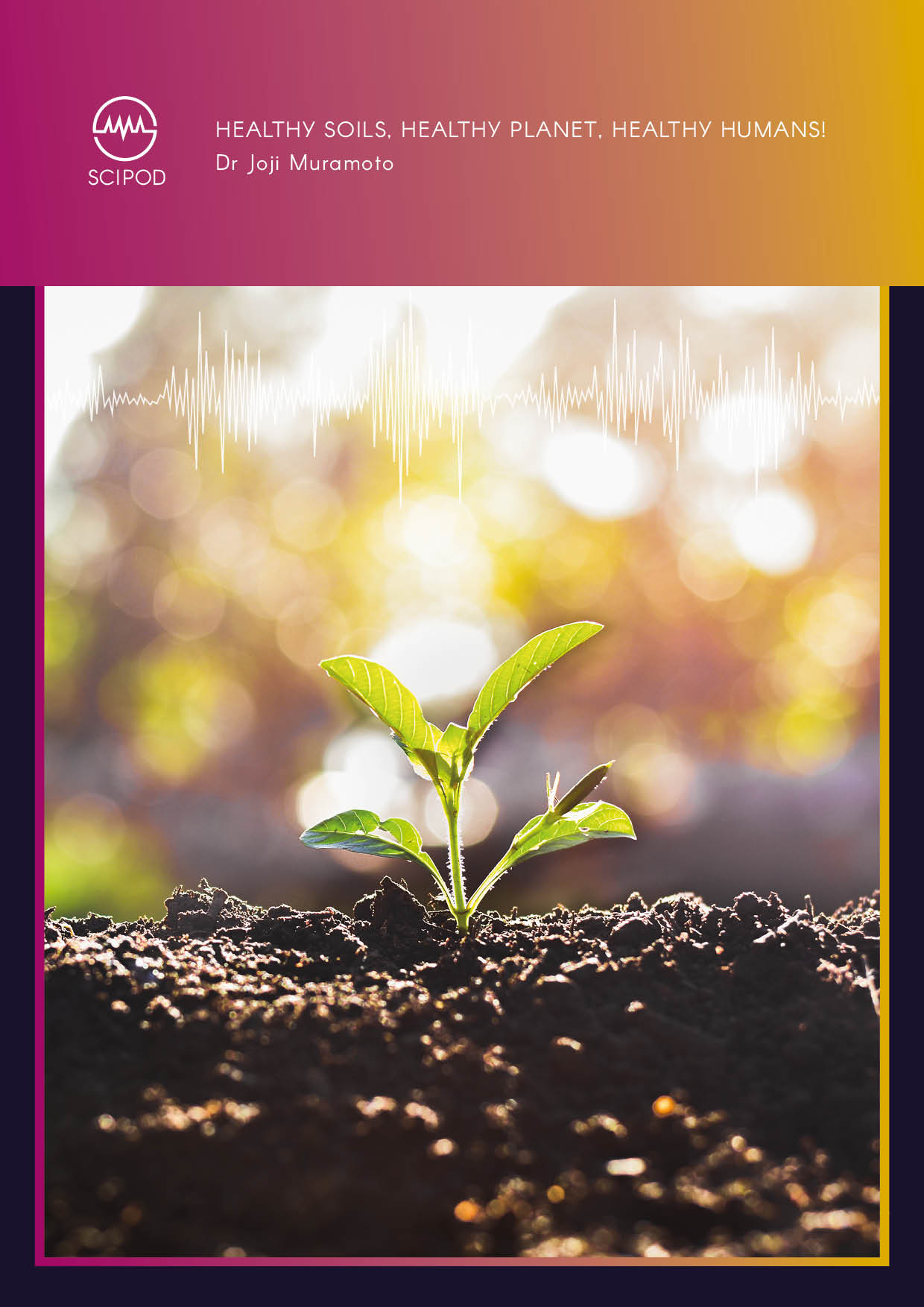
Dr Joji Muramoto | Healthy Soils, Healthy Planet, Healthy Humans!
The earth beneath our feet is far more than just dirt. Soil is a living ecosystem filled with microbes, worms and insects, and vast networks of underground fungi filaments. Healthy soils are critical to healthy ecosystems and productive agricultural systems. Dr Joji Muramoto and researchers from the University of California have created a framework for Integrated Soil Health Management that could help suppress plant diseases without the use of harmful chemicals.
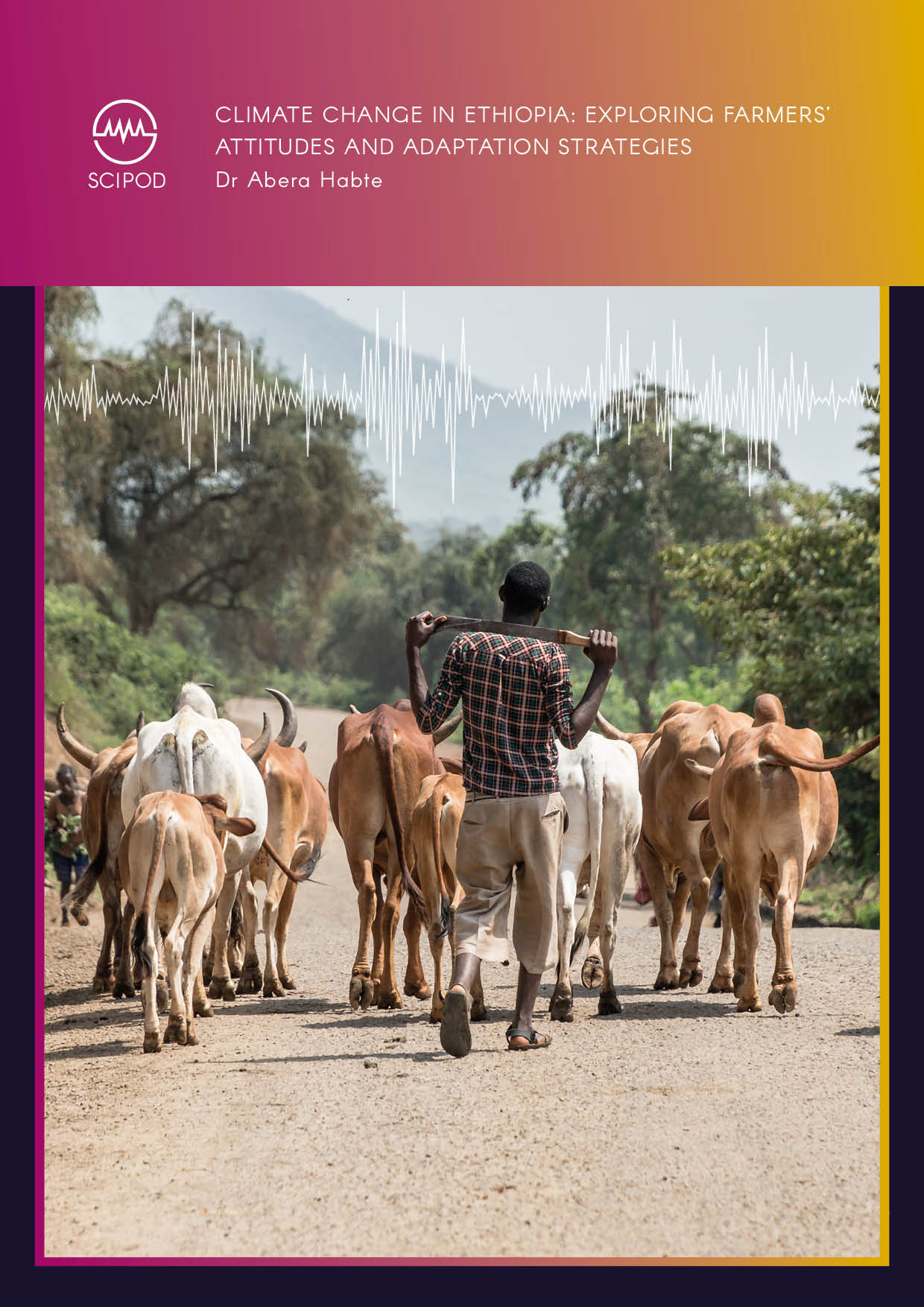
Dr Abera Habte et al. | Climate Change in Ethiopia: Exploring Farmers’ Attitudes and Adaptation Strategies
Around the world, climate change is impacting the availability of food and water, affecting people’s health and livelihoods. Unfortunately, these damaging effects are more pronounced in developing countries. In a recent study, Dr Abera Habte of Wolaita Sodo University and his collaborators investigated the impacts of climate change in Southwestern Ethiopia. His team incorporated the perceptions and knowledge of local farmers into their analysis, in order to develop more effective climate adaptation strategies.
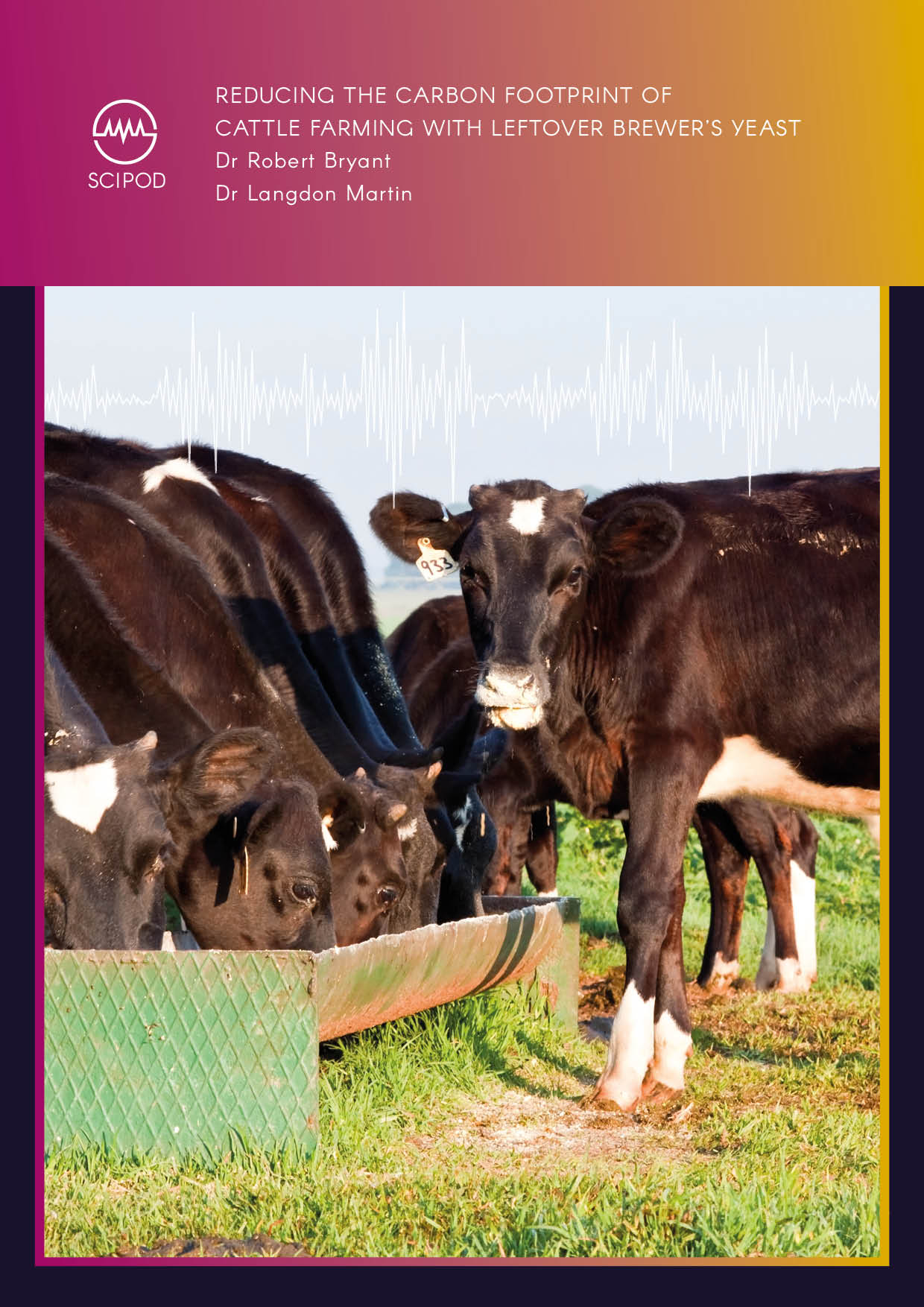
Dr Robert Bryant – Dr Langdon Martin | Reducing the Carbon Footprint of Cattle Farming with Leftover Brewer’s Yeast
Methane is one of the most potent greenhouse gases that contributes to the global climate crisis. As this gas is produced in the digestive systems of cattle, methane represents one of the greatest problems faced by the farming industry. Dr Robert Bryant, Dr Langdon Martin and their team at Warren Wilson College, North Carolina, propose an innovative feed supplement for cattle that helps to significantly reduce methane emissions: waste yeast from craft breweries. If used on a large scale, this new supplement could significantly decrease emissions associated with cattle farming, while also creating a new use for a waste product of the craft beer industry.
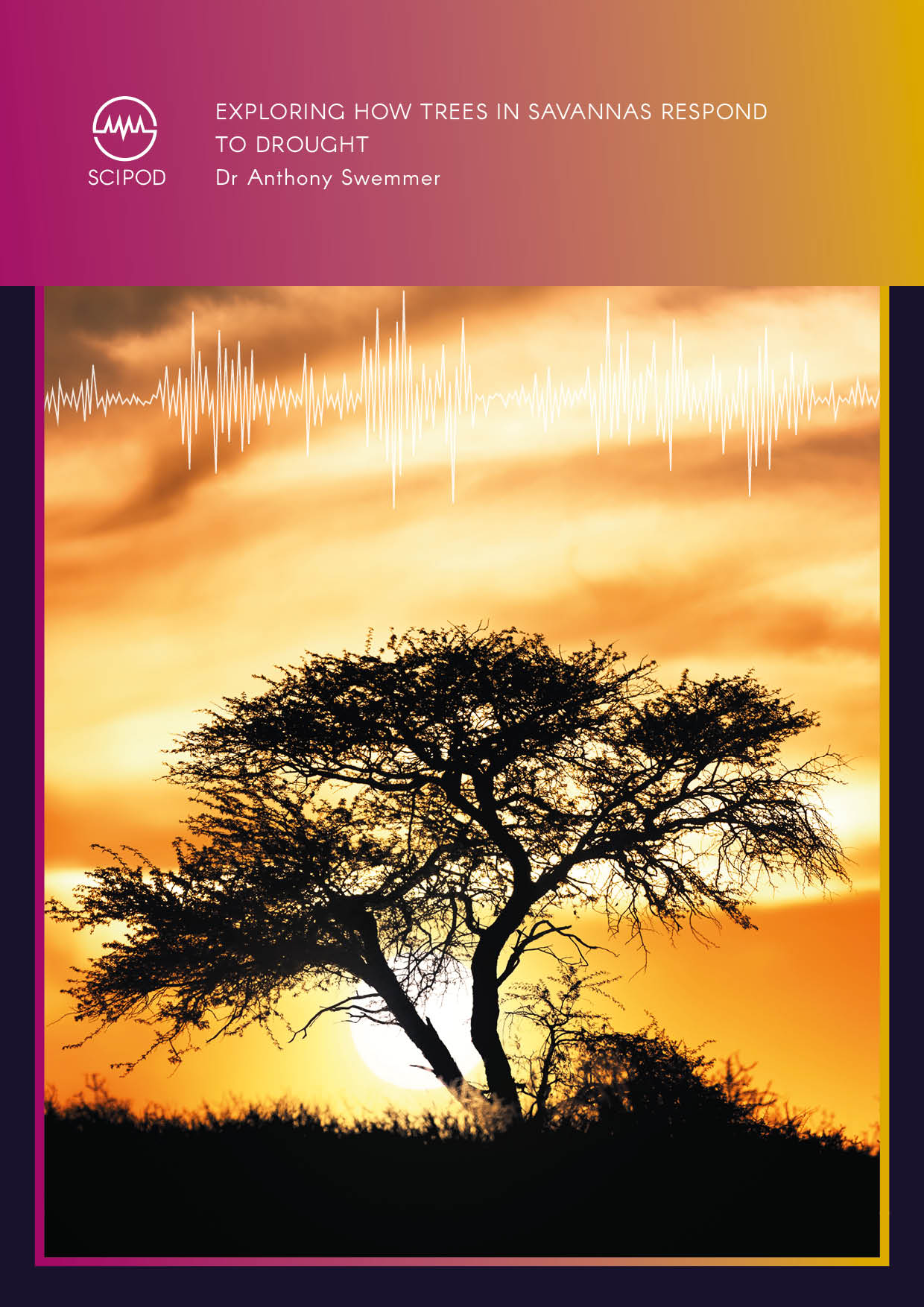
Dr Anthony Swemmer – Exploring How Trees in Savannas Respond to Drought
Savannas are characterised by the co-existence of two very different types of plants – trees and grasses. They may be open, with large swathes of grass and an occasional tree dotting the landscape, or closed with a near complete cover of trees and a sparse grass layer beneath. In drier parts of the world, drought may play an important role in determining the balance between the trees and grasses in savannas. Extreme droughts, which are likely to become more common with climate change, could permanently shift a closed savanna to an open one. Such changes would have significant consequences for the functioning of these ecosystems and the animals they support. Dr Anthony Swemmer of the South African Environmental Observation Network explored the impact of an unusually severe drought on trees in South Africa. His team’s research shows that the response of trees to drought depends on a suite of local factors.
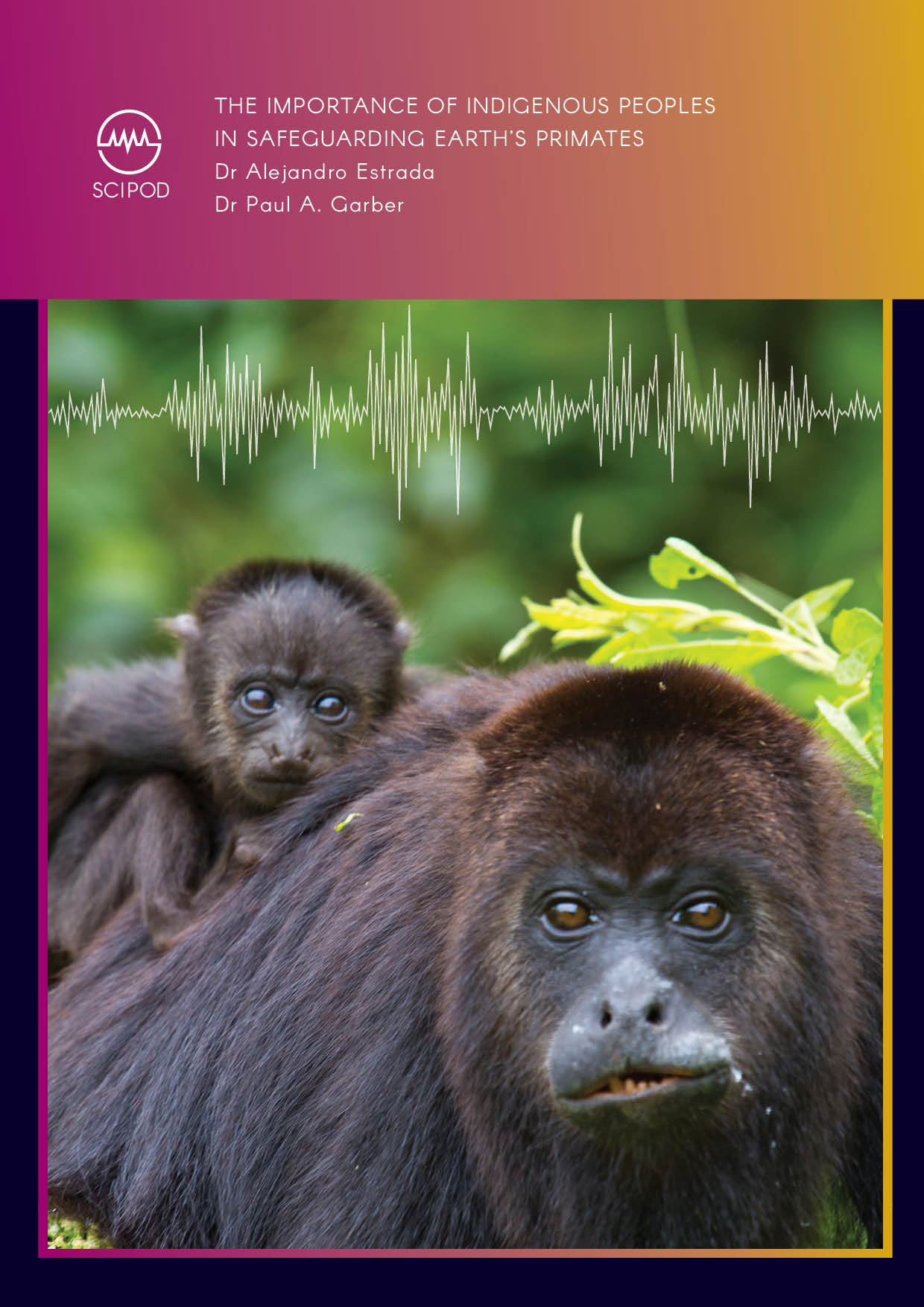
Dr Alejandro Estrada and Dr Paul A. Garber | The Importance of Indigenous Peoples in Safeguarding Earth’s Primates
Non-human primates play crucial roles in sustaining natural ecosystems worldwide. However, approximately 68% of primate species are now at risk of extinction, mainly due to agriculture and the depletion of natural resources. Dr Alejandro Estrada at the National Autonomous University of Mexico, Dr Paul A. Garber at the University of Illinois-Urbana, and a group of scientists from various parts of the world recently carried out a study to better understand the role that Indigenous Peoples play in the conservation of threatened primates.
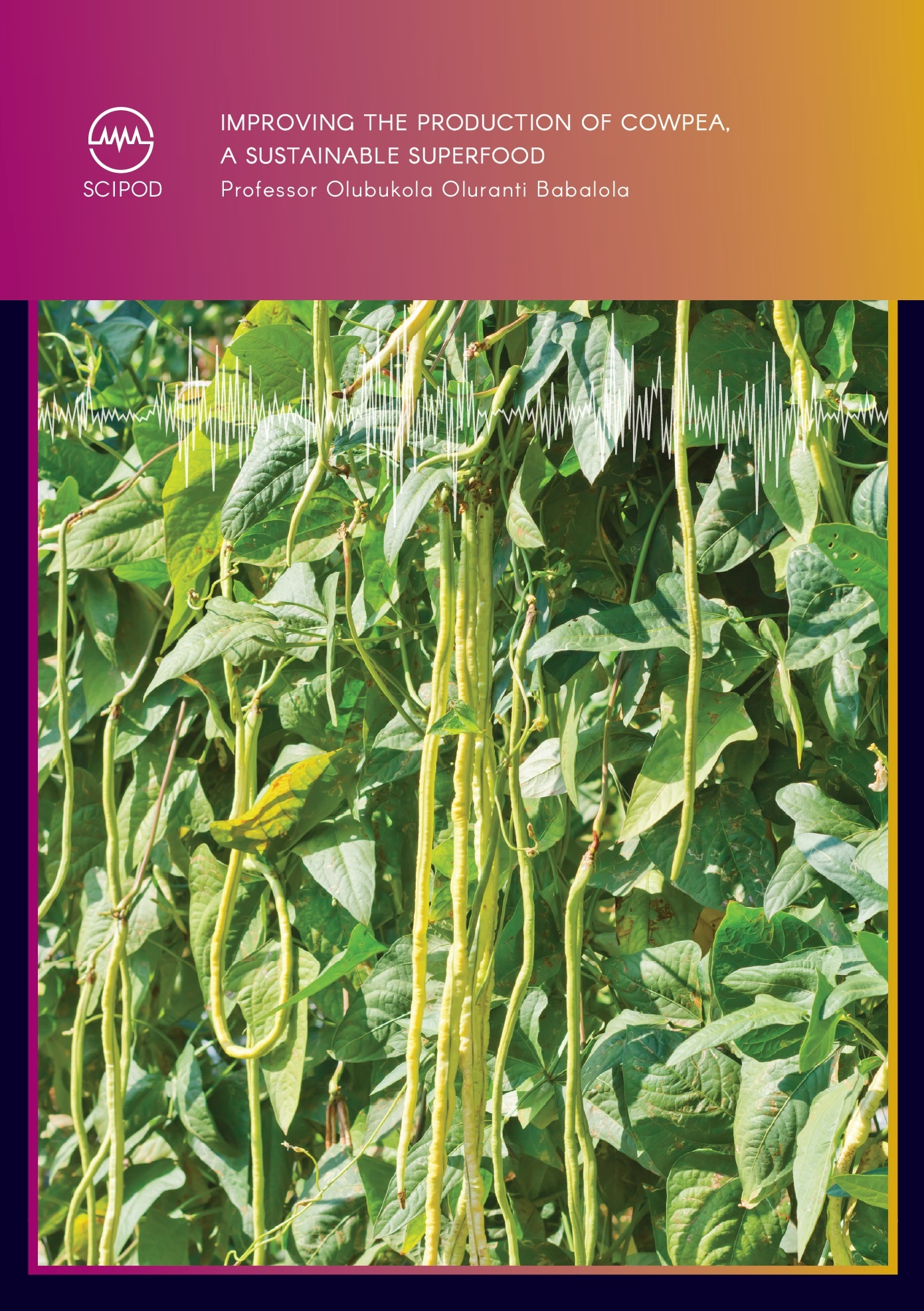
Professor Olubukola Oluranti Babalola | Improving The Production of Cowpea, a Sustainable Superfood
Cowpea is an extremely versatile food crop. Packed with high-quality protein, it has become a staple legume in many households in Africa, where it is indigenous. Cowpea also cycles nutrients back into the soil, supporting sustainable farming and healthy ecological networks. However, the production of this sustainable crop faces many hurdles, including drought, pesticide use, and declining soil quality. In a recent review, Professor Olubukola Oluranti Babalola of North-West University in South Africa outlines the issues facing cowpea production and highlights potential solutions.
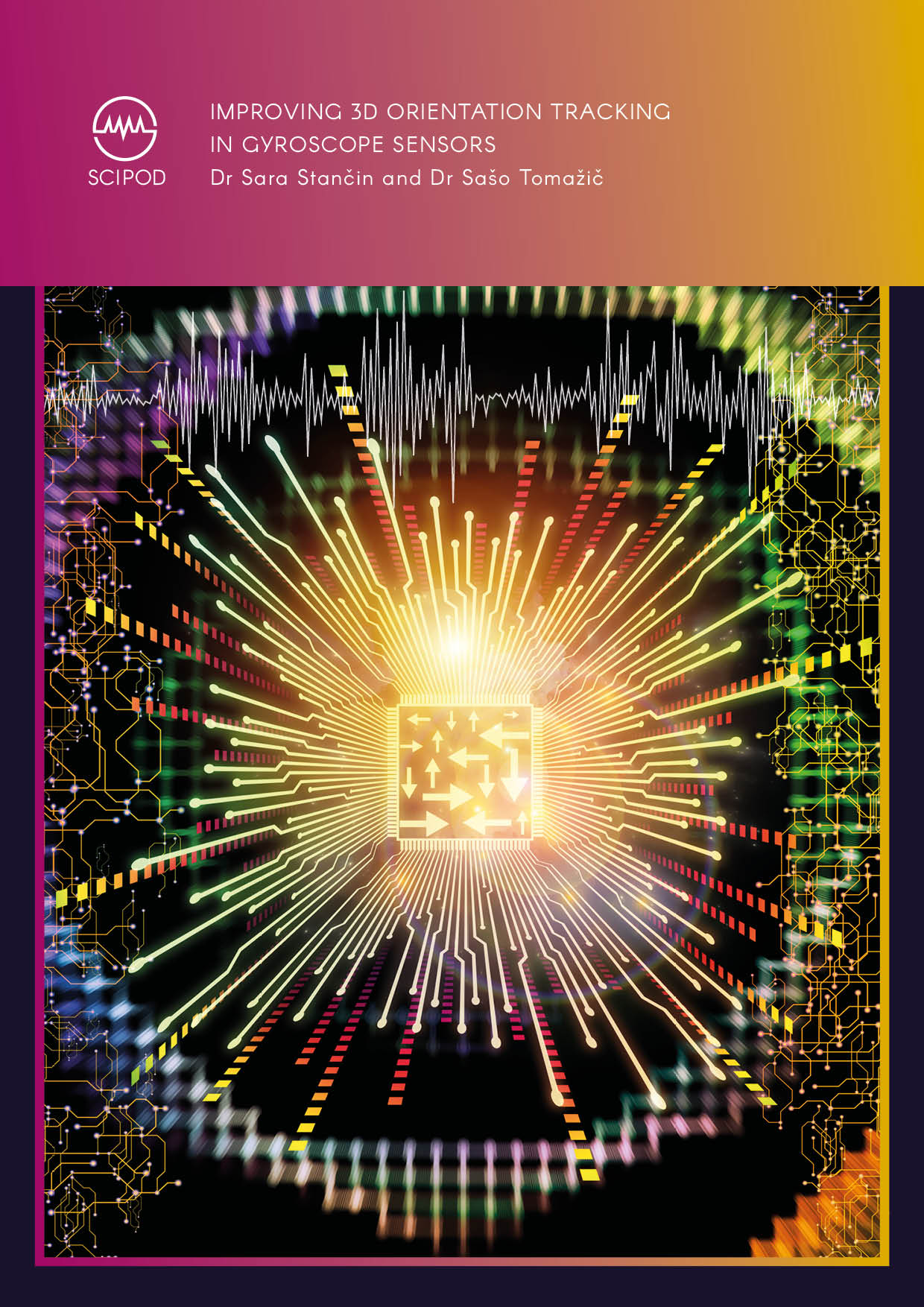
Dr Sara Stančin | Dr Sašo Tomažič – Improving 3D Orientation Tracking in Gyroscope Sensors
Gyroscopes are widely used to measure the orientations and rotation speeds of moving objects – but according to one pair of researchers, the techniques we currently use to measure them are introducing significant and easily avoidable errors. Through their research, Dr Sara Stančin | Dr Sašo Tomažič, both at the University of Ljubljana in Slovenia, introduce a mathematical framework which accounts for how all three rotations measured by a gyroscope happen simultaneously, rather than in a sequence.
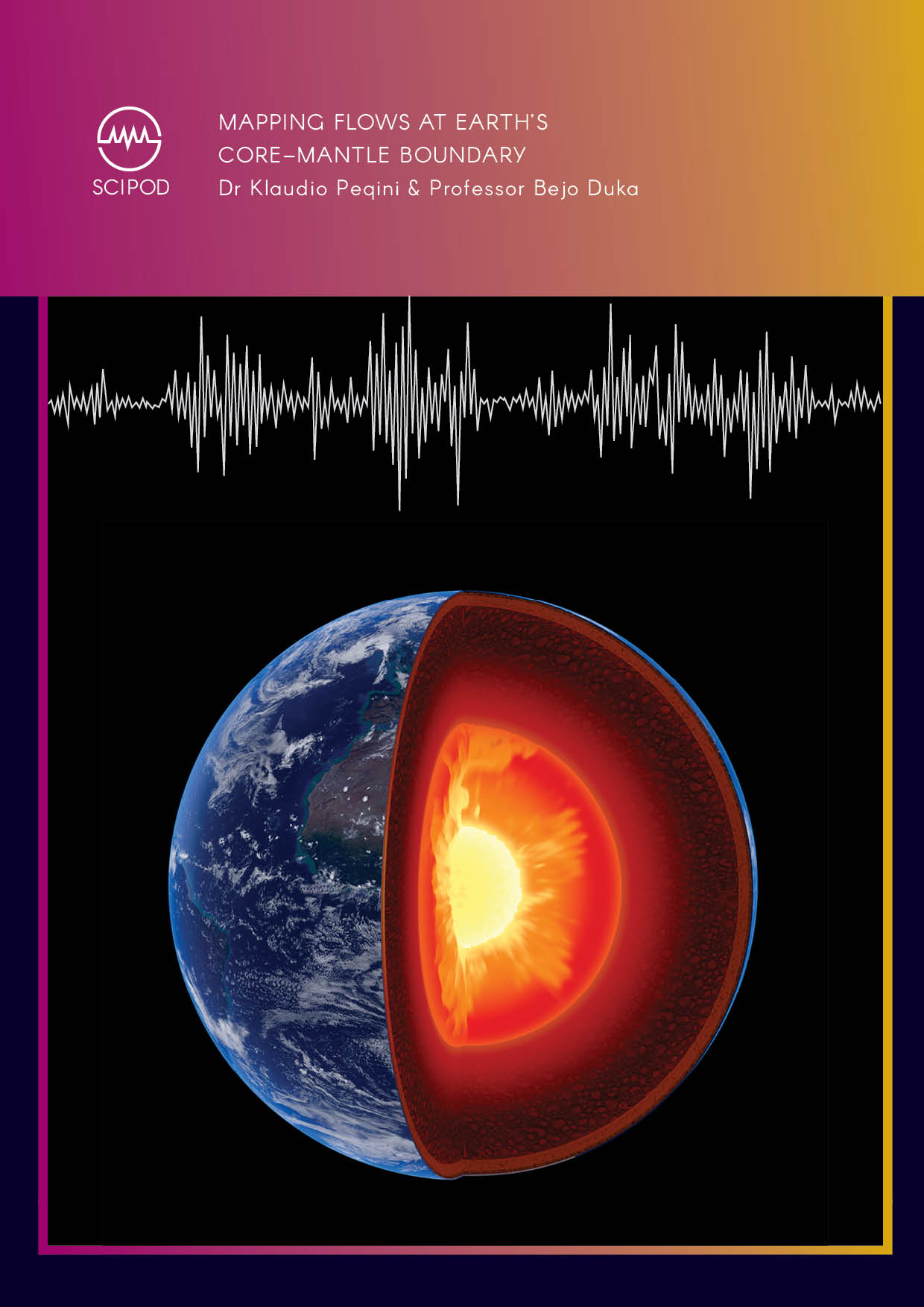
Dr Klaudio Peqini | Professor Bejo Duka – Mapping Flows at Earth’s Core–Mantle Boundary
The magnetic field that enshrouds Earth is generated by processes deep within the planet’s interior, which geologists still don’t fully understand. Among the effects that remain poorly studied are brief variations in the strength of the magnetic field, which occur over timescales of several decades. Through detailed mathematical analysis, Dr Klaudio Peqini and Professor Bejo Duka, both at the University of Tirana in Albania, explore how these variations could arise from changes in the flows of material at the boundary between Earth’s core, and its thick layer of mantle.
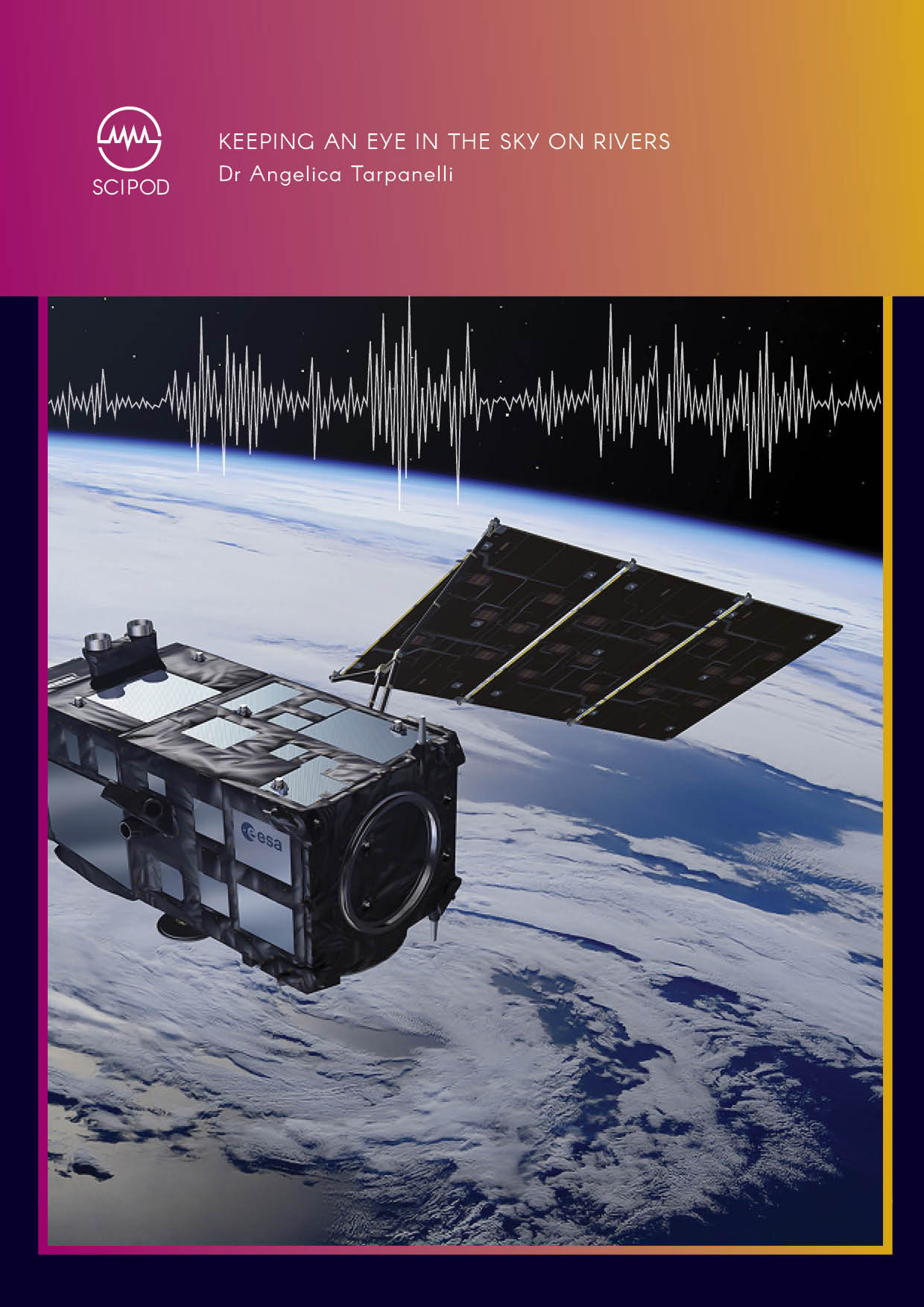
Dr Angelica Tarpanelli | Keeping an Eye in the Sky on Rivers
Across the globe, climate change is driving extreme weather events, such as floods and droughts, with increasing frequency, duration, and intensity. Accurately assessing the flow of water through rivers – or river discharge – could help us forecast extreme weather events and prevent loss of life. Sensors onboard satellites could provide more accurate and in-depth measurements of river variables than ever before. As part of the RIDESAT project, funded by the European Space Agency, Dr Angelica Tarpanelli and her team of researchers from Italy and Denmark investigate how combining remote sensing data from satellites could support river discharge assessments.
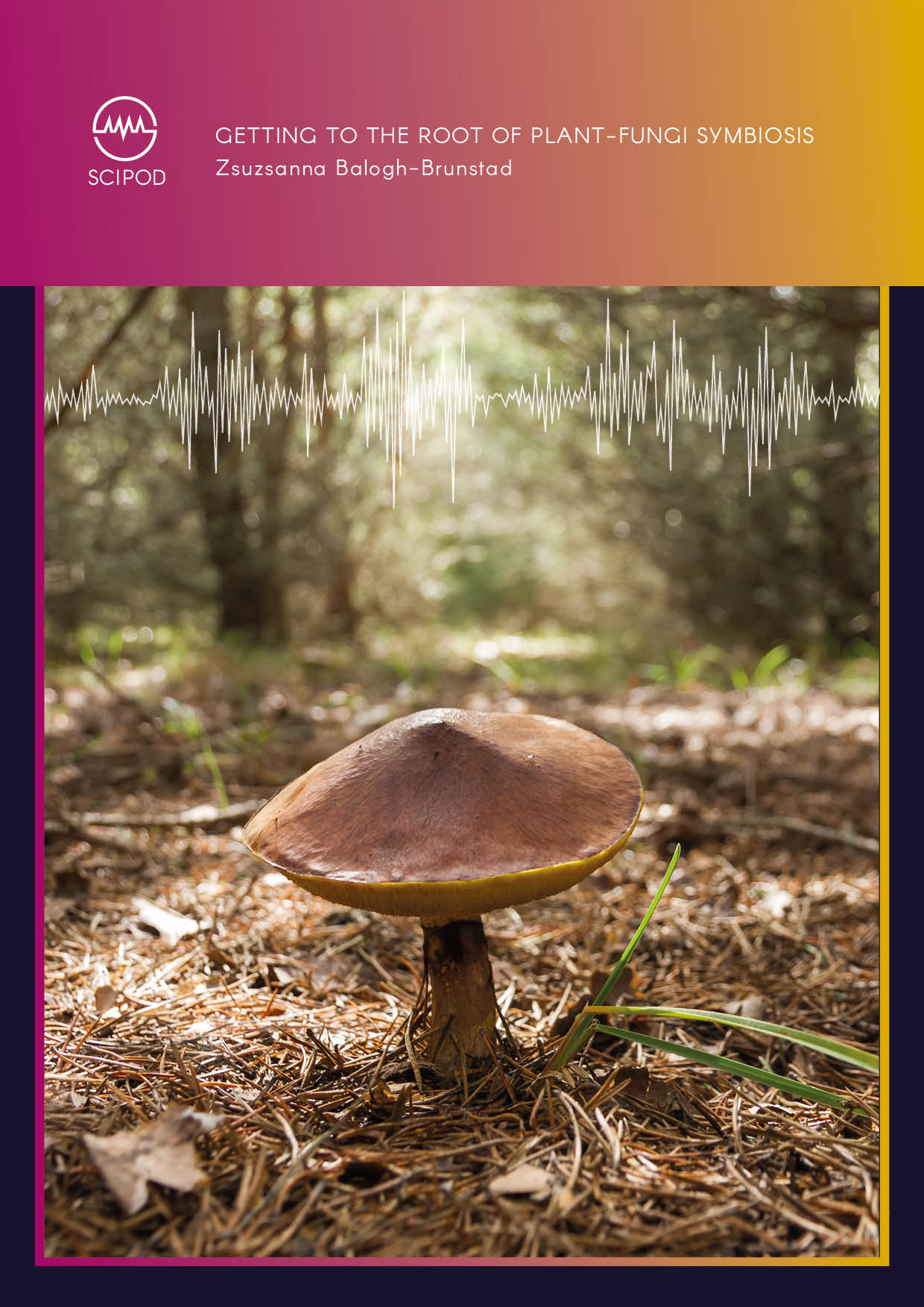
Dr Zsuzsanna Balogh-Brunstad | Getting to the Root of Plant-Fungi Symbiosis
An ancient relationship between plants and fungi could help us improve forestry and agriculture, while also responding to the challenges posed by climate change. These beneficial fungi, along with their bacteria helpers, help plants to grow bigger and healthier, and survive droughts. An international team of researchers has been investigating how these fungi and bacteria increase mineral availability for Scots pine and red pine seedlings through mineral weathering.
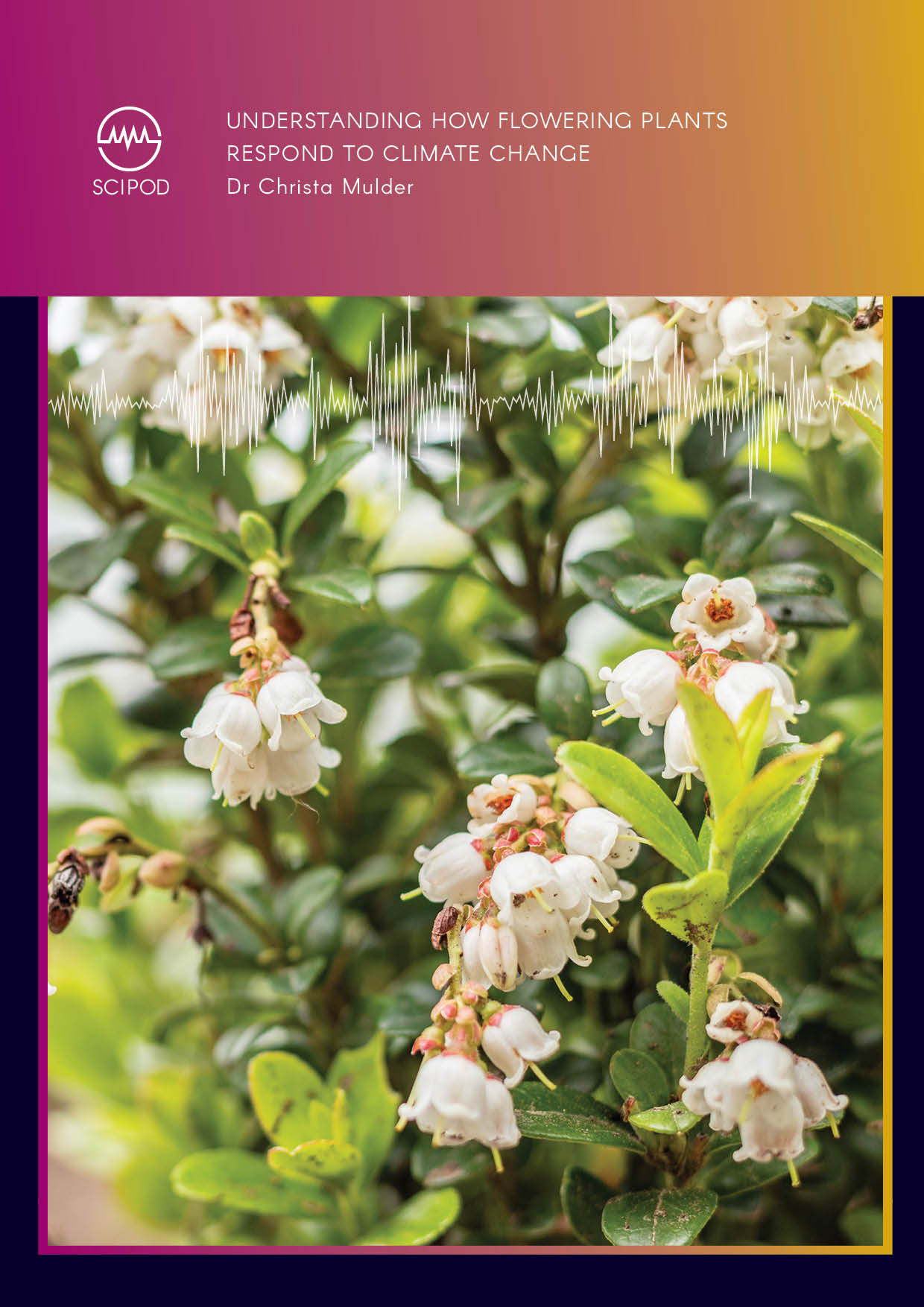
Dr Christa Mulder – Understanding How Flowering Plants Respond to Climate Change
A welcome sign of a change in seasons, the year’s first flowers usher in the start of spring. Yet, as the climate warms, some flowers are blooming earlier. Since plants respond to environmental cues, such as temperature, shifts in their annual development has long been considered an effect of climate change. However, significant warming does not always lead to earlier flowering.
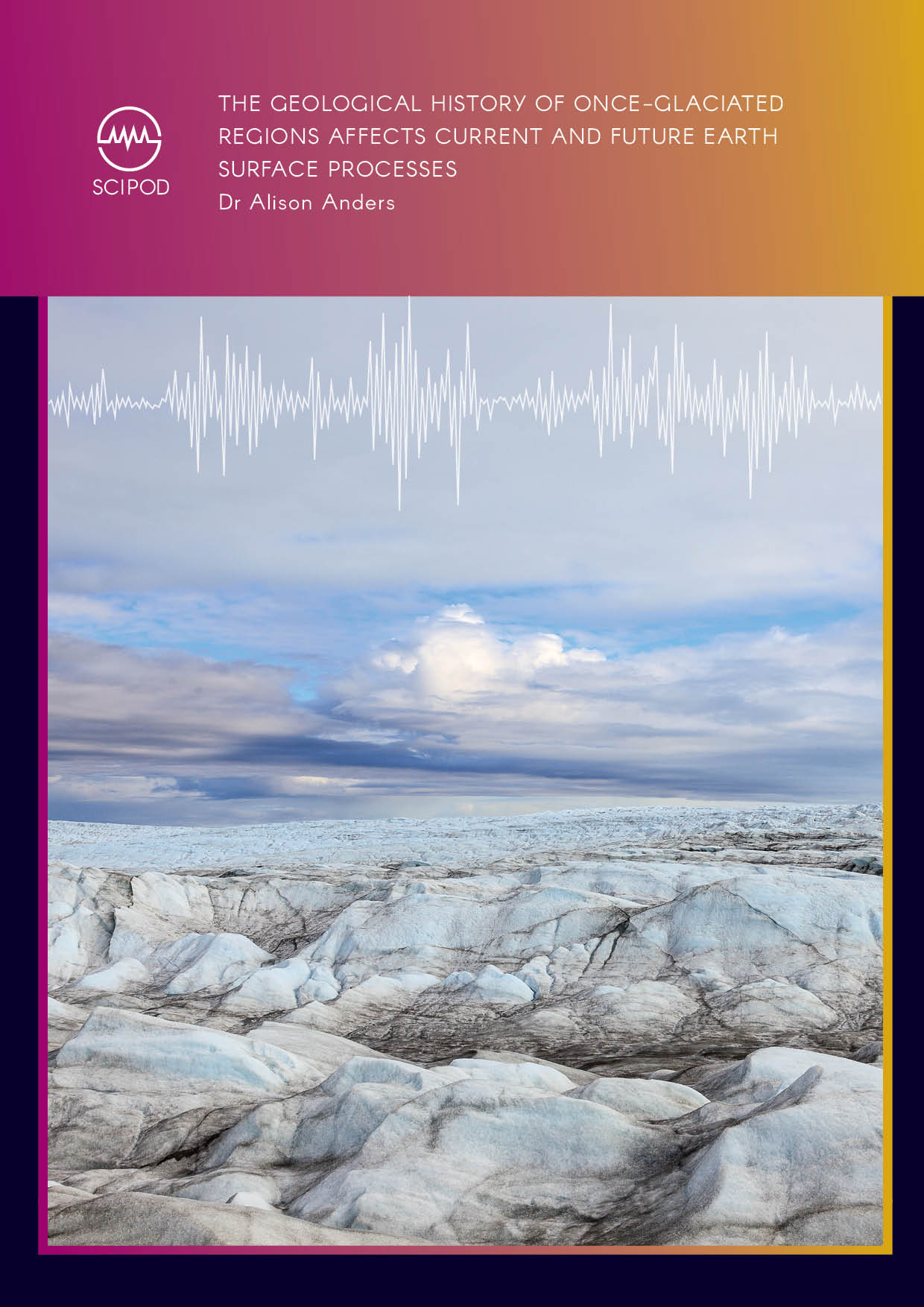
The Geological History of Once-Glaciated Regions Affects Current and Future Earth Surface Processes | Dr Alison Anders
Over the past few millions of years, a succession of ice ages has profoundly influenced the geology of Earth’s northerly latitudes. These past events continue to influence our lives today – particularly in the fertile regions we now rely on for agriculture. By tracing the advances and retreats of ice sheets, Dr Alison Anders at the University of Illinois is gaining important new insights into how the landscapes and ecosystems of these regions are intrinsically linked to the geological past. Her team is also revealing how these areas are responding to a changing climate, and to complex human relationships with the land.
Increase The Impact Of Your Research!
Explore partnership opportunities
Unwind without the hassle. Enjoy fresh audiobooks, delivered free!
